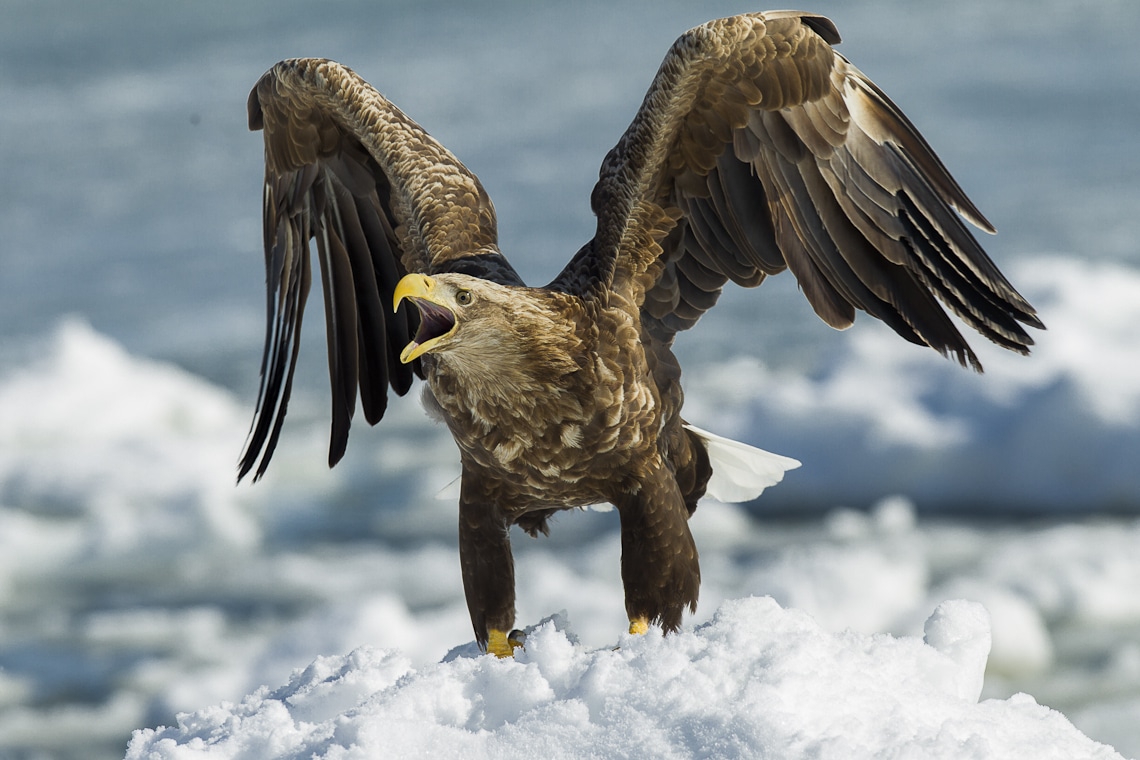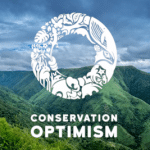Wondering what went right this week in the conservation world? We’ve got you covered with our Conservation Optimism Round-Up! Each week we are collating stories of optimism from around the globe so that you never miss your dose of Monday Motivation.
1. The world has met the target for protected and conserved area coverage on land
“The recent Protected Planet Report published by the UN shows that the Aichi target to protect 17% of terrestrial land and 10% of marine areas has been achieved”
#ConservationOptimism https://t.co/wa8E1lxb3r
— Erle Ellis (艾尔青) (@erleellis) May 19, 2021
2. New protected area declared in Ecuador
“73,917 acres of Yacuambi Ecological Reserve just become a Decentralized Autonomous Protected Area in Ecuador”
3. White-tailed Sea Eagles are set to return to England’s Norfolk coast
“Natural England has agreed conservationists can release 60 young birds at Wild Ken Hill, between King’s Lynn and Hunstanton, over the next decade in the hope of establishing a breeding population in the region.”
4. Thriving population of endangered monkeys gives hope to conservationists
“Van Long Nature Reserve has effectively protected its langur population, which has quadrupled in size since the reserve was established in 2001. With currently around 200 individuals, the reserve houses the bulk of the world’s remaining Delacour’s langurs. “
“I discovered about 50 langurs & realized that if we don’t establish a nature reserve, the langurs will soon be gone.” Today, 200 Delacour's langurs, the bulk of the species, live in what is now Van Long reserve. #conservationoptimism #Vietnam @VPerkova https://t.co/T0eUvVdQml
— Wildstars.TV (@WildstarsTV) May 17, 2021
5. The Legacy Landscapes Fund has been launched by the Frankfurt Zoological Society to protect some of the most important natural landscapes on earth
“The Legacy Landscapes Fund will support long-lasting partnerships between experienced NGOs, protected area authorities, as well as indigenous and local communities.”
Very much needed good news for conservation!
— Paula Roig Boixeda (@proigboixeda) May 18, 2021
Follow the official launch of the @LL_Fund tomorrow at 16.30 CET- secure, long-term baseline funding for #protectedareas.
#ConservationOptimism https://t.co/t96FCkNqKf
6. ‘Precious, eccentric, easy to love’: Northern hairy-nosed wombat numbers reach 300
“One of the world’s rarest mammals is returning from the brink of extinction as its population surpasses 300 from just 35 in the 1980s”
From just 35 individuals in the 1980s, the Northern Hairy-nosed #Wombat is now in #recovery in #Australia, with a pop'n of over 300 today!#endangered #marsupials #rewilding #nature #wildlife #news #conservationoptimism #conservation #LetNatureThrivehttps://t.co/dYZy4yvXyi
— Global Conservation Solutions (@_GCS_) May 19, 2021
7. Cinereous Vultures are breeding again in Bulgaria’s wild years after their extinction
“A reintroduced Cinereous Vulture pair successfully hatched a chick in Bulgaria’s wild! This excellent news comes after many years of targeted reintroduction efforts and trans-border collaboration”
📣 🙌 BREAKING NEWS: #CinereousVultures are breeding again in #Bulgaria after years since their extinction — a reintroduced pair recently hatched a chick in the wild.🐣
— Vulture Conservation Foundation (@4Vultures) May 21, 2021
Learn more: https://t.co/R4PYB7OAMy #VulturesBacktoLIFE #conservationoptimism #wildlifeconservation #vultures
Have a story to share for our weekly round-up? Use #ConservationOptimism on Twitter, Facebook, LinkedIn and Instagram!


